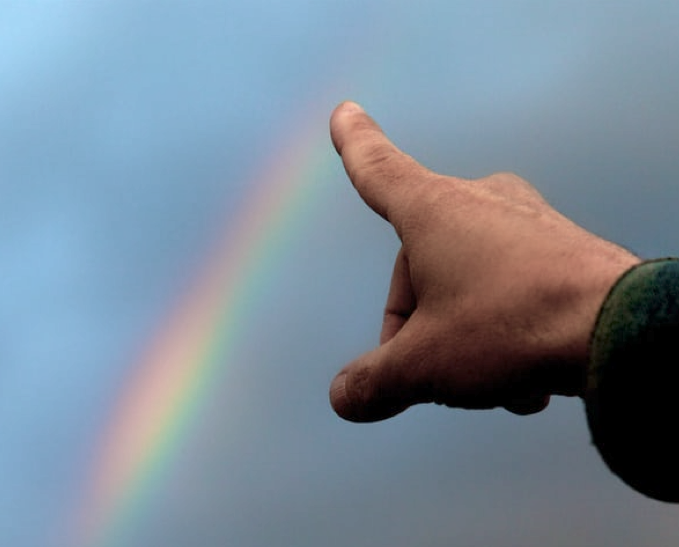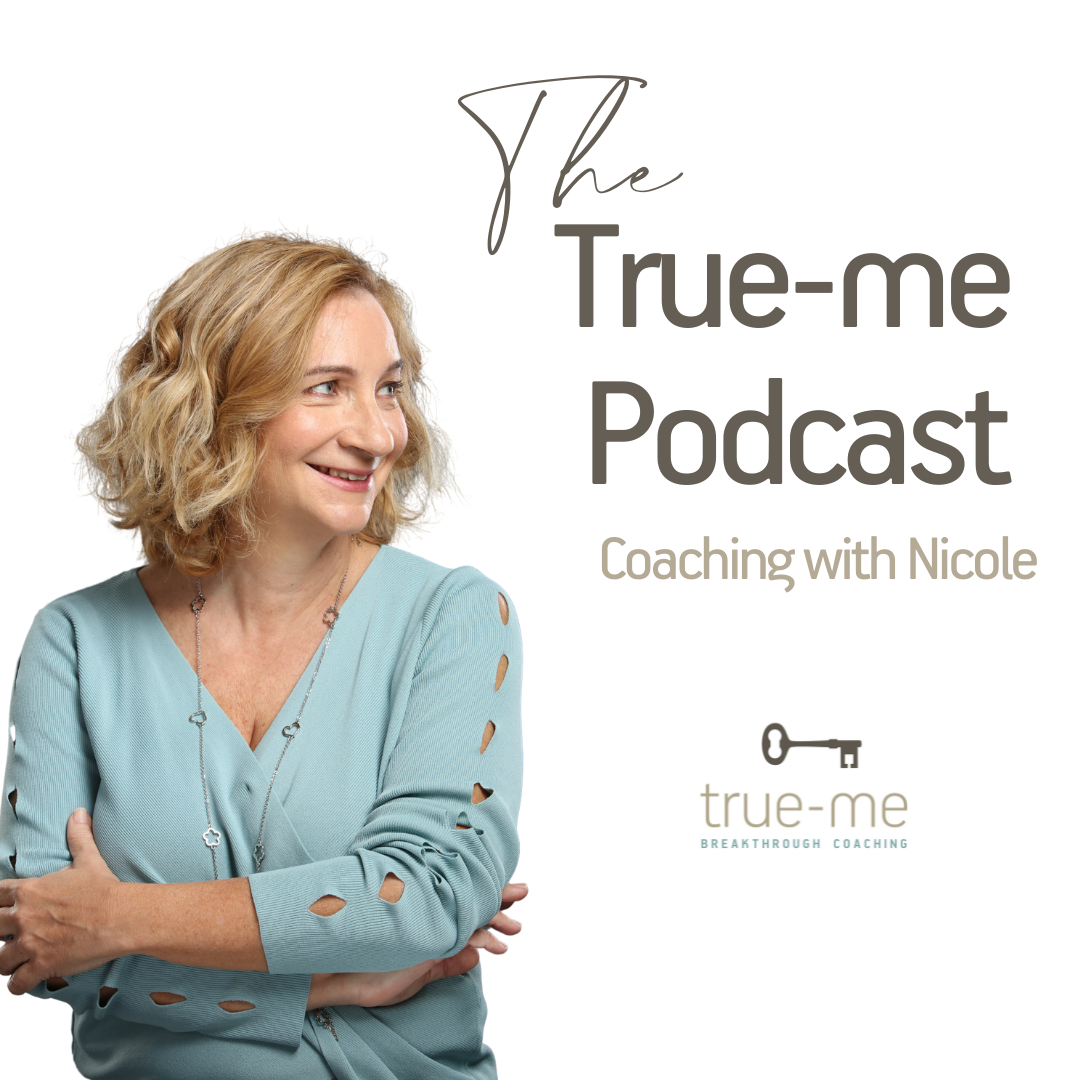For most countries around the world, a new day after the Covid-19 pandemic has arrived, or is fast approaching.
A new day that we were all longing for but that comes with its own significant challenges for most of us.
That reality can lead to unpleasant emotions being surfaced, that hinder us from being productive in facing them.
It is entirely possible that the majority of those negative feelings are triggered from experiences of loss: your senior prom was cancelled, you couldn’t organize the big wedding of your dreams, you missed meeting your friends, your professional growth was paused, your income was damaged, your trip fell apart, you lost your sense of identity as you lost your job… or perhaps you even lost a loved one. We can’t judge which one of those losses was greater – each of them was important for the one who experienced it. Each of them represents something particularly permanent, something that has left our lives. Something that was left behind and can perhaps never be recovered.
Events like this commonly fuel us with strong emotions of rage, anger, sorrow, reactive depression*, and even desperation. And as we feel incapable of stopping the effects of what has taken place, these emotions can all be translated into sentiments of helplessness and weakness.
But the more we resist, the more we struggle and suffer.
Think of life as a long river. When you try to swim against the stream, you fight and struggle, only to be pushed back by the overpowering river tides. You end up beaten, not having gotten that far.
But if you follow the river flow, and allow the stream to guide you, then you can be confident that you will go forward. Making this certain realization that fills you with both strength and tranquility, you are in a better position to see where you’re going, to have a clear mind, to rise above any unpleasant occasion more productively, to be more flexible along your way, and to allow yourself to once again move forward.
So, throughout this “new day”, and for any crisis that comes your way, you might be living in a manner, or receiving information, that are in direct conflict with the experiences you wish to have. If you want to help yourself, you must utilize these experiences to become aligned with the life you yearn for – no matter how impossible that might seem during a challenging moment.
But how can this be achieved?
We know that our world is defined by the law of duality**, consisting of opposite forces like darkness and light, completeness and emptiness, abundance and deprivation, life and death.
Let’s use an easy example: You wish to focus on experiencing material abundance, but during these last few months you lost your job. You can now take advantage of the situation at hand to recognize that there are two sides to every coin:
- You can allow yourself to submerge under the desperation of deprivation and fear, aligning yourself with discouraging perspectives or
- You can instead stimulate the experience of both material and spiritual abundance, by feeling true gratitude for everything that you already have in your life. Enumerate them, make a list. Appreciate that all which you currently enjoy, is of your own making, your own accomplishment: your family, your health, your lunch, your car, your hot cup of coffee in your hand. Enjoy them. And express your gratitude.
Now let’s take a more difficult example: the loss of a loved one. Here too, you can utilize the beneficial quality of the law of duality.
- Mourn for as long as you have to. According to our western upbringing, it is only natural that we spend some time to mourn, particularly if the deceased person was a meaningful part of our lives. Don’t rush to brush off these feelings. Allow yourself to heal.
- But when you feel ready to be empowered to move on, and to consciously accept that death is undeniably a part of life, then turn towards a different direction. Remember that all of us have one eternal soul. And when that soul parts ways with the body, it’s time for us to say goodbye to that body – because we adore the body, that is what we see, that is what we hug, that is what we kiss. And when that is done, then you can concentrate on all the positive qualities that your deceased loved one represented, and the positive impact they had on your lives. Only then can you be in a position of celebrating the times that you shared with them and show gratitude that they were a part of your lives.
Processing difficult or challenging events and accepting the loss does not mean that you should forget what was lost, or that it wasn’t important in your life – it will always be important. Part of growth and acceptance is to show true compassion to the part of yourself that aches because of that loss – that will always ache to some extent and will yearn for what was lost.
Nevertheless, another exercise that I would recommend, and which can help you stand more productive towards life, is to try and name the feeling that you lost – whether that is certainty, love, freedom, connection, abundance, or creativity. Give some time to yourself, and search for it. Then, consciously look for and set a new manner in which you will allow those emotions to reappear in your life.
To sum this all up, in order to help yourself during this period, ask yourself:
- Where am I today in terms of the loss I endured, and how can I compassionately treat myself?
- Where can I search for the emotions that I gained from what I have now lost?
- How can I show compassion back to the people around me?
Bear in mind:
- You are only in charge of your reaction to the situations that affect you. Not necessarily to the situations per se.
- You cannot control events in other peoples’ lives, even if they have a significant impact on you.
Accepting certain laws of life, free of struggle and denial, can liberate us from everything that we’ve been taught we should want to experience. It brings us to a more sincere and meaningful position. And from there, we can better perceive life, open our hearts and minds, and enjoy the gifts that we’re given.
Notes:
*New term that distinguishes between depression (deep sadness) and clinical depression, which is a condition that should be medically treated. Reactive depression is a condition defined by deep sadness and consists a reaction to a specific personal crisis.
**For more information on the law of duality and the other universal laws, read Nicole Mantzikopoulou’s book “Why Hasn’t Anyone Told Me?, the success factors we were never told”



